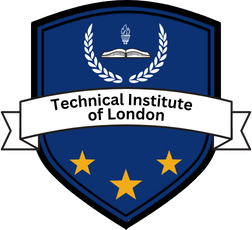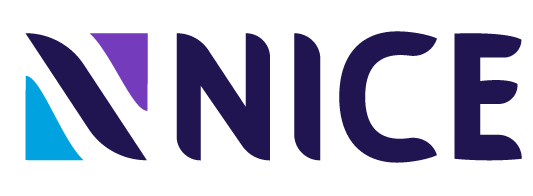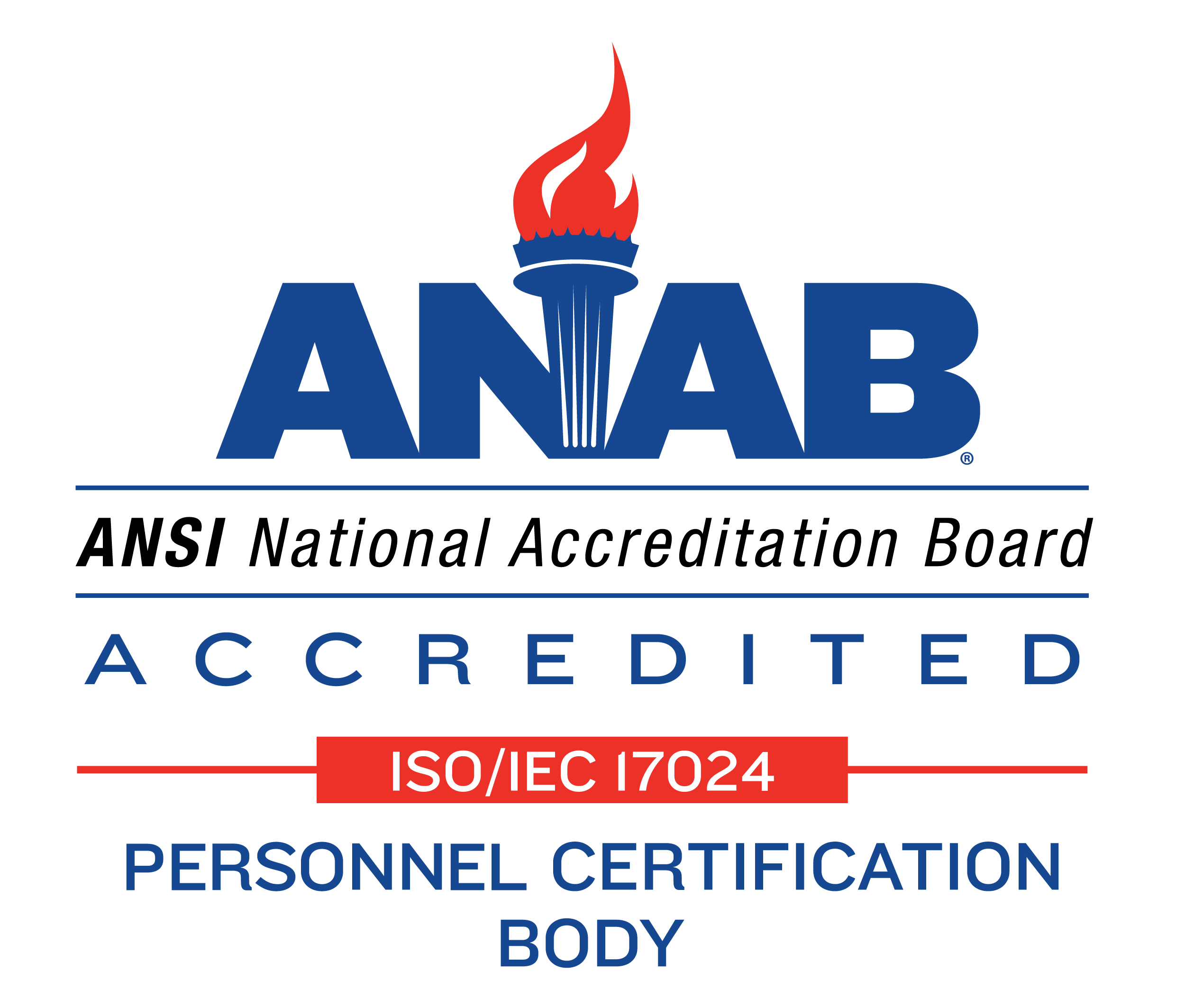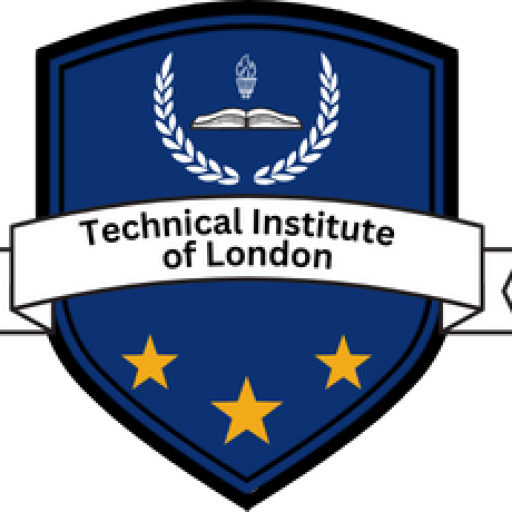We are the premier Institute of KPI expertise
The Institute of KPI Specialists is a professional institute in the area of Performance Management, KPI Setting, and Organizational Excellence. This is a JV company of CAP-UK The major focus area of IKPIS is improving Business Performance through:

System
Performance
Performance

Resources
Performance
Performance

Process
Performance
Performance

People
Performance
Performance

Accredited
Certification
Certification

In-company
Training
Training

Choosing professional qualifications

You have determined that obtaining a professional qualification is necessary to advance your abilities and land the career you truly desire. It could be that your supervisor requested you consider the possibilities as part of your personal growth plan, or it could be because your resume lacks the distinguishing feature that would set you apart from other applicants for the same job. Perhaps you want to improve your standing or reputation personally
You’ve probably looked up people who can offer the course you want on Google, contacted friends and coworkers for referrals, or visited the website of the appropriate professional body or institute to check what credentials are available and who can deliver the course to you.
Many people now feel overwhelmed by the variety of options available and the technical language used by the course providers. Considering that this is a substantial time and financial commitment, there’s a chance that the choice you make will have long-term effects.
Global Professional Network
Adhering to ISO 17024:2012 Certified Guidelines
The Technical Institute of London is a fully owned subsidiary of the American National Standards Institute (ANSI) and follows the ISO 17024 scheme for professional certification with the ANSI National Accreditation Board (ANAB).
IR certification programs and support services, such as customer experience, are the Technical Institute of London’s primary focus in 2019 due to the current industry trend toward digitalization.
An industrial advisory group from a variety of industries, including blockchain, artificial intelligence, IT services management, Lean Six Sigma, project management, customer service, operational excellence, and transformation, supports the Technical Institute of London. In an effort to further enhance certification coverage, the Technical Institute of London is currently pursuing ANSI accreditation as part of its quest for excellence.





What is a Professional Body?
The custodians of innovation, ethics, and quality in the fields of Data Analytics, Artificial Intelligence (AI), and Machine Learning (ML) are leading professional bodies and institutes. Esteemed organizations like the Data Science Council of America (DASCA), the Chartered Institute for IT (BCS), and the Artificial Intelligence Society (AIS) are at the forefront of this endeavor.
These professional bodies guide and support the industry by establishing rigorous standards, providing comprehensive learning resources, and setting ethical guidelines that ensure the responsible use of technology. Study centers and academic institutions align their courses and assessments with the extensive syllabuses provided by DASCA, BCS, and AIS. These syllabuses are meticulously crafted to equip students with the knowledge and skills needed to excel in rapidly evolving technological landscapes.
Enrolling in a program endorsed by these institutes not only prepares you for a successful career in Data Analytics, AI, or ML but also entitles you to a wealth of benefits as a studying member. These benefits often include reduced tuition fees, access to a wide range of academic and professional publications, online resources, and exclusive career counseling services. Additionally, members can take advantage of Continuous Professional Development (CPD) services, ensuring they stay at the cutting edge of technological advancements and industry trends.


Achieving your goals
A qualification might be helpful whether your professional objectives are to advance in your current role, change careers, obtain a better salary, or seize new opportunities.
Any of these objectives are achievable thanks to the nature of a professional qualification, which also teaches you new, internationally recognized career-based skills that increase your employability. We at Professional Institute sincerely believe that everyone can achieve success in their chosen field, and we are dedicated to supporting you along the way. All we ask is that you bring the same level of passion and commitment to the process.

Benefits to the employer
When funding an individual’s training and development, organizations are constantly seeking a return on their investment. Nonetheless, it’s not always easy to quantify the value financially. However, here are some situations where a business can benefit from paying for their employees’ professional qualifications.
- Improved productivity
- Increased efficiency
- Ability to contribute to strategic goals
- Participation in organisation talent development programme
- Succession planning
- Enhanced role capability
- Improved innovation ability
- Ability to attract and recruit quality staff
Reduction in costly mistakes by under trained staff.Research has shown that, in contrast to conventional assumption, employees stay on the job when they are qualified—in fact, they grow even more devoted to their employer!




Flexible studying mode
Classes must be sufficiently flexible to accommodate your work and personal schedule. Course providers can now create flexible programs because professional bodies have acknowledged this.
Throughout the year, one can study for professional qualifications. Unlike many other schools and universities, they don’t have a September start date. Learning happens at your own pace; the speed at which you learn is entirely up to you.
You have a range of workshop dates and locations to choose from, as well as the option to study online or through workshops. Regardless of your preferred method of studying, you should budget at least 30 to 45 hours of study time for each module and decide how to arrange this on a weekly basis. A reasonable pace is three to five hours each week.

